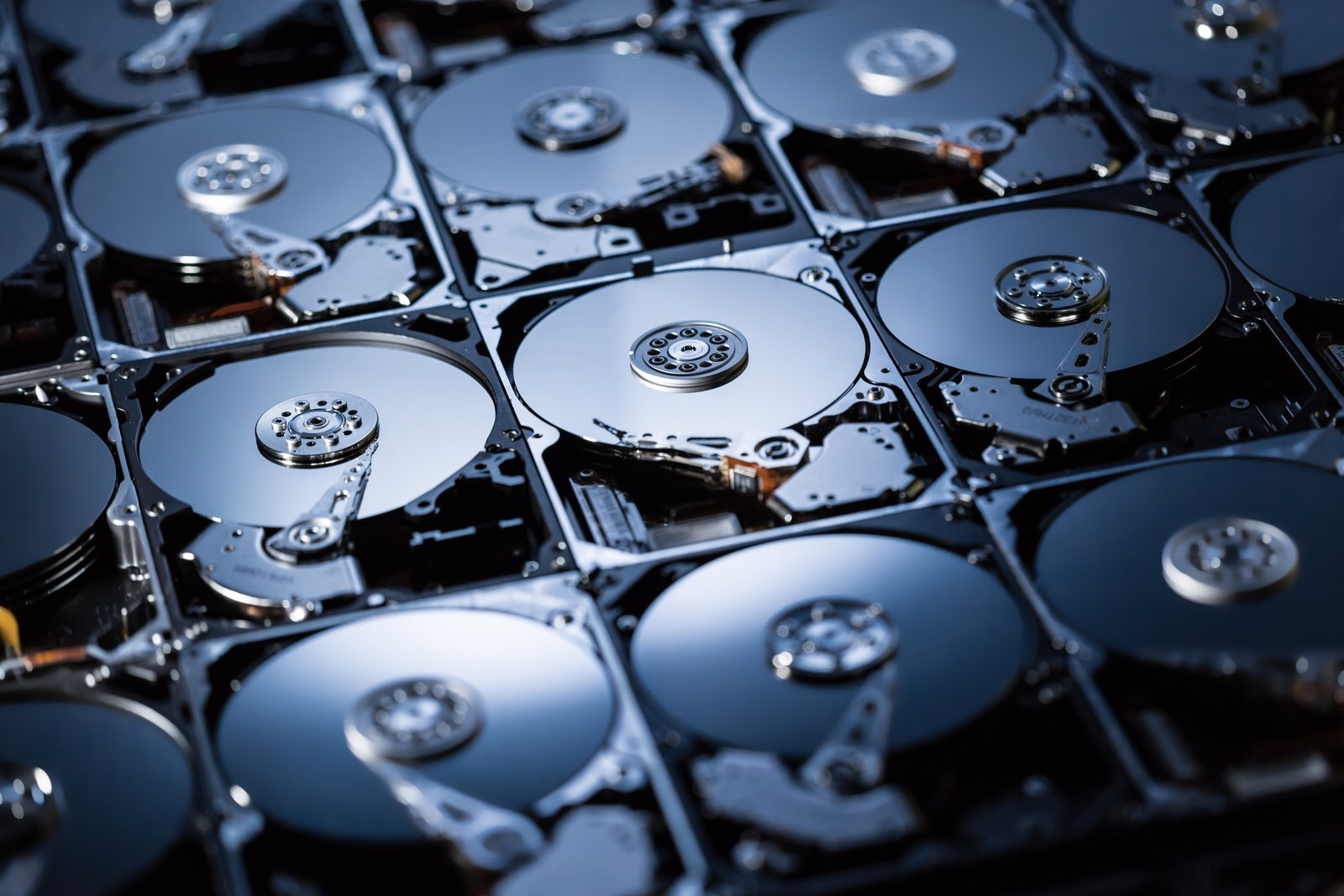
Genomika, alongside the Ultrasound Research Institute at Kaunas University of Technology (KTU URI) and several other partners, are working together on the DNA Microfactory for Autonomous Archiving (DINAMIC) project to build a DNA-based storage drive. KTU announced this development, saying there is an ongoing global initiative to create ‘reliable, high-density, sustainable, and economically viable data storage solutions.’
The project is funded by the European Commission through the European Innovation Council (EIC) Pathfinder Program, which helps organizations develop new disruptive technologies. One of Genomika's founders, Ignas Galminas, says that DNA storage will not only solve the space problem but also reduce water consumption for data center cooling, reduce the need for rare earth metals to build SSDs, and improve the reliability and longevity of data archiving, among other things.
The entire human population collectively produced 120 zettabytes of data in 2023—that's around 1,200,000,000 terabytes, or roughly enough data to fill 150,000,000 8TB M.2 NVMe SSDs. This amount is expected to go up by more than 20% every year, especially as AI data processing is exponentially increasing. This means we need to find a way to store all these data long-term without turning the entire world into one huge data center.
“In a globally digitalized society, more and more data is (sic) created and used every year,” says Professor Renaldas Raišutis, director of KTU URI. “Conventional data storage centers consume 1.5% of the world’s electricity and emit 200 million tons of carbon dioxide per year.”
So, DINAMIC is turning to DNA, the building blocks containing the genetic instructions for life, to solve the data storage problem. The project aims to build a storage drive that uses the four nucleobases (cytosine [C], guanine [G], adenine [A], and thymine [T]) to stand in for the 1s and 0s found in current data storage technologies.
“One attractive feature of DNA caches is their ability to store large amounts of information in a very small space. It is significantly more compact than traditional digital media. DNA is extremely stable and reliable for long-term storage of information,” adds Professor Raišutis.
Genomika co-founder Dr. Lukas Žemaitis also said DNA has been developed and refined over billions of years to store information. Humanity could potentially tap into this for our own use as we go deeper into the information age.
DNA data storage will likely be first deployed in the healthcare sector, where data needs to be stored and accessible for the patient's entire lifetime. However, this technology has greater potential beyond that, as it could help companies reduce power consumption and the required cooling capacity to store all the data produced annually.
However, the three-year timeline is just an estimate. We don’t know what roadblocks the company could encounter, if any. DINAMIC isn’t the first project to look at natural processes for our digital computing needs, though. A Swiss startup has experimented with 16 human brain organoids to use as a bio processor, allowing it to process data while using a million times less power than a regular silicon chip.







